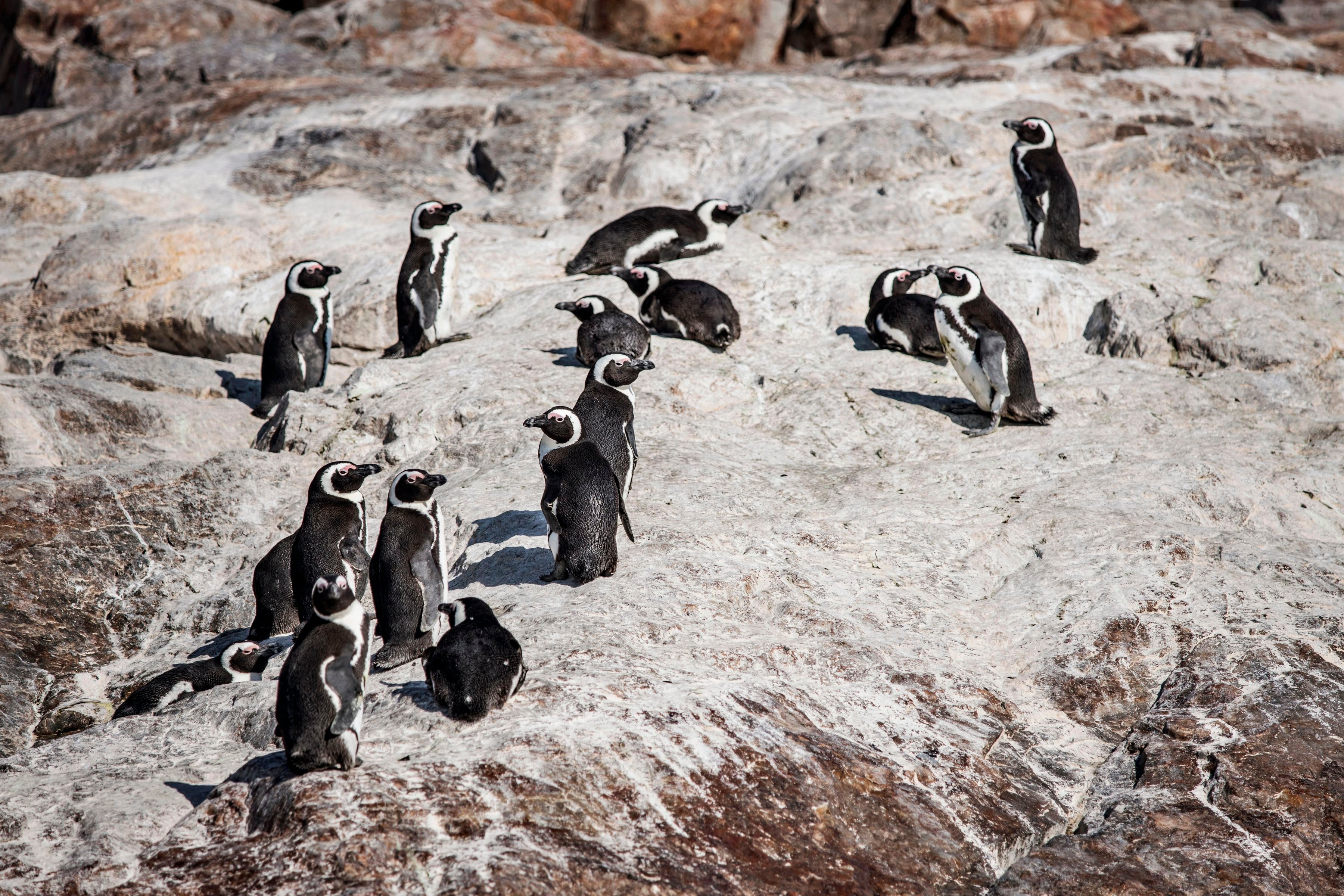Honey bees suspected in deaths of 63 endangered penguins in South Africa
The bird carcasses all had multiple bee stings on them, but no physical injuries, reveals preliminary analysis

Your support helps us to tell the story
From reproductive rights to climate change to Big Tech, The Independent is on the ground when the story is developing. Whether it's investigating the financials of Elon Musk's pro-Trump PAC or producing our latest documentary, 'The A Word', which shines a light on the American women fighting for reproductive rights, we know how important it is to parse out the facts from the messaging.
At such a critical moment in US history, we need reporters on the ground. Your donation allows us to keep sending journalists to speak to both sides of the story.
The Independent is trusted by Americans across the entire political spectrum. And unlike many other quality news outlets, we choose not to lock Americans out of our reporting and analysis with paywalls. We believe quality journalism should be available to everyone, paid for by those who can afford it.
Your support makes all the difference.At least 63 endangered penguins may have died as a result of being stung by a swarm of honey bees at a beach near South Africa’s Cape Town city, according to preliminary investigations done by government officials and a nonprofit.
The carcasses of the African penguins were found inside the Boulders African penguin colony in Simonstown, around 40 kilometres away from Cape Town on Friday morning, said a statement by government-run South African National Parks (SANParks).
Officials suspect the penguins may have died sometime between Thursday afternoon and Friday morning.
Expert advisers, officials and veterinarians from SANParks, Cape Town and penguin experts from the nonprofit Southern African Foundation for the Conservation of Coastal Birds (SANCCOB) started investigating the possible cause of the deaths.
The penguin carcasses were subsequently transported to SANCCOB for further analysis, with biological samples sent for disease and toxicology testing.
A post-mortem analysis by SANCCOB revealed there to be no external physical injuries on any of the birds. Multiple bee stings, however, were found in all the carcasses.
There were also many dead bees found at the site where the birds had died, noted experts, while another dead penguin carcass, with multiple bee stings, was found on Fish Hoek beach.
“Therefore preliminary investigations suggest that the penguins died because of being stung by a swarm of Cape honey bees,” SANParks officials noted in a statement.
The reason as to why the bees may have stung the penguins has not yet been determined by the officials.
Cape honey bees, which are a subspecies of western honey bees, are also part of the same ecosystem.
The bees are not officially classified as threatened. Several issues, however, including diminishing food resources, pests, diseases and increasing problems from pesticides and insecticide misuse, pose a risk to them, according to the South African National Biodiversity Institute (SANBI).
The African penguins, on the other hand, are a highly threatened species with a high risk of extinction and are on the International Union for Conservation of Nature’s red list.
“We are grateful to all our conservation partners, especially SANCCOB and the City of Cape Town, for assisting us in investigating this unusual event. No more dead African penguins were found on site today, and we will continue to monitor the situation,” Alison Kock, a SANParks marine biologist, said in a statement on Saturday.
Officials investigating the penguin deaths added that samples were still being tested for other toxicity possibilities and diseases to rule out other potential causes.


Join our commenting forum
Join thought-provoking conversations, follow other Independent readers and see their replies
Comments